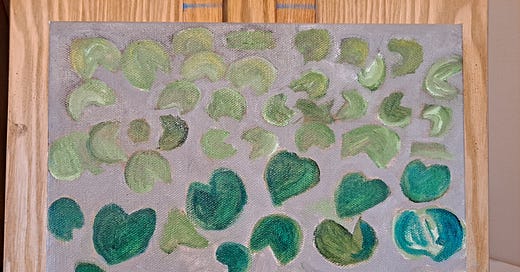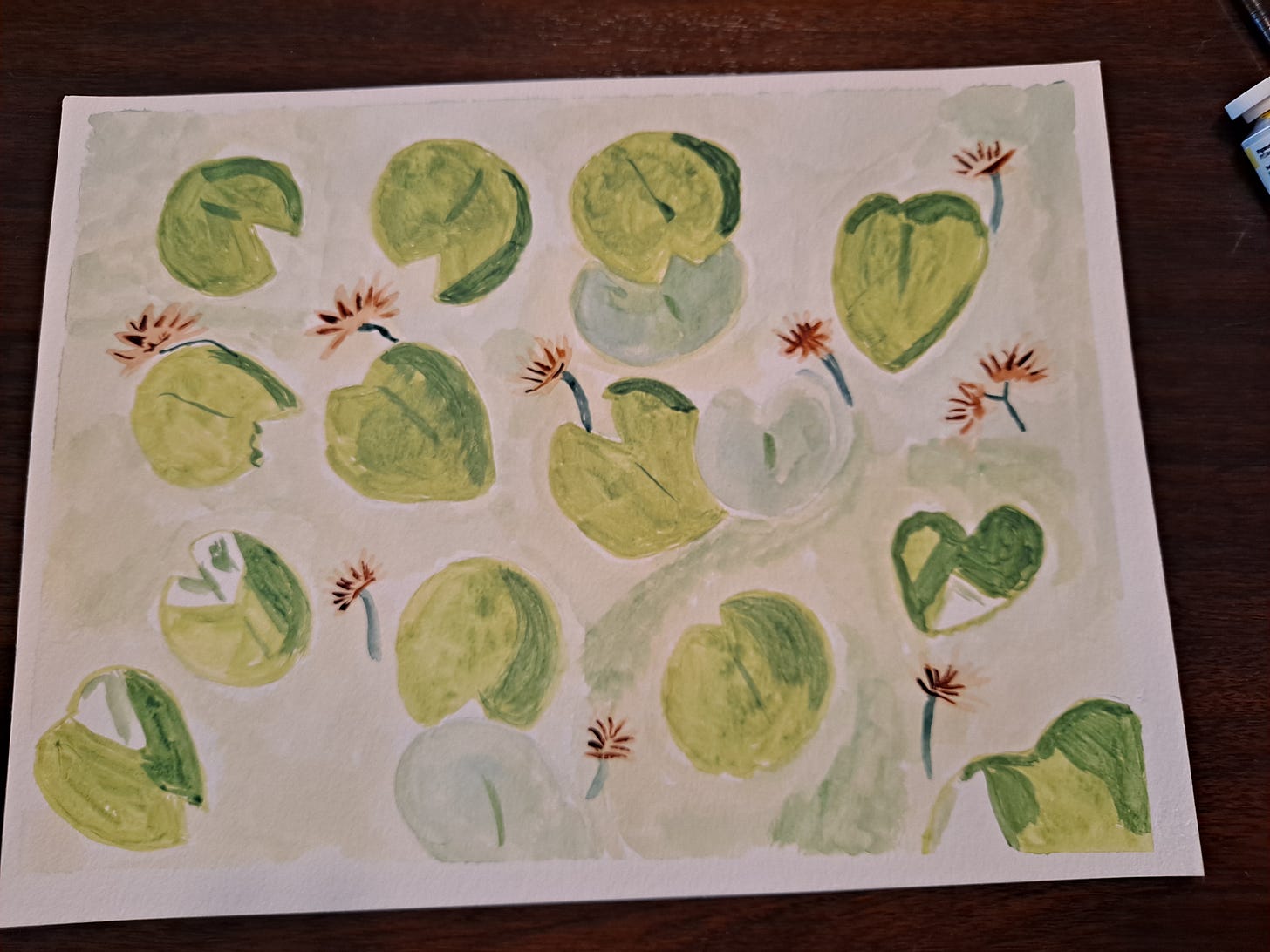Waiting. During a health crisis, time is not always a friend.
During my breast cancer crisis, the wait is emotionally more agonizing than the treatment. Tensions unshakably grip, hold on, and envelop me.
Initially, when I find a slight dimple on my right breast, my doctor reassures me it is probably nothing, but as a precaution he orders a diagnostic mammogram. I believe him, finding his assessment comforting. Waiting for this test isn’t too difficult.
However, after the mammogram, a technician ushers me into a room, where I must wait for the radiologist. I have too much time to think. He appears and tells me that a barely visible growth needs to be biopsied as soon as possible.
Suddenly, the timer goes off.
Time speeds up, as I see a surgeon in short order, but it slows down again when the stereotactic core biopsy – a needle biopsy of the breast tissue in question – occurs two excruciating weeks later. I spend the time lurching from one anxiety to another. I want to be done with this procedure already.
***
On a dreary Wednesday in January, a doctor believes she has no time for a biopsy not to go exactly as planned. She swirls into the procedure room sporting makeup and a fancy dress. She is so rushed and impatient that she doesn’t wait for the lidocaine to numb my breast before the procedure.
I tell her I feel the pain of the needle drilling. She says she finds it hard to believe me, yet she gives me more lidocaine, perhaps just to humor me. And she doesn’t wait for the elusive numbness. Again. Then the drilling re-commences, and I tell her that the pain is still intense. Incredulous, she says, “I can’t believe you are in pain.” She gives me more lidocaine, but I am still in pain. So she tells me it is unethical to continue, that I can take comfort in my beautiful body (huh?), and that I must wait weeks for a surgical biopsy.
She promptly exits, stage left in a dither. She has places to go and patients to see. And I am one time-consuming patient.
A nurse sits me up, and I make a mistake. I look down at the wound, where blood is pooling, and I start passing out. Time ebbs. A team of nurses surround me, talking soothingly and are able to keep me conscious. They bandage the wound. I recover and eventually am able to walk to the nurse who schedules patients for surgery.
The scheduler tells me the surgical biopsy will take place in a month, more or less. I cannot wait that long for surgery. I insist I see my surgeon right away. The scheduler says my surgeon is off on Wednesdays, and I have no choice but to wait at least a month to get my biopsy.
It is an act of providence that my surgeon suddenly materializes from nowhere, like a beamed-down Star Trek character.
He says he will do the biopsy with a scalpel on my now-numbed breast, and it has to be done now because he knows from the mammogram I probably have cancer. I blanch at the word “cancer,” feeling the floor literally drop below me — and peace of mind is forever vanished.
A kind nurse massages my legs, while the surgeon removes the bandage and gets to work. The surgeon says he will call me with the results in two days.
Two days of agonizing waiting feel like two years. That Friday, he stays true to his promise: he confirms I have breast cancer.
Doing Time
Waiting defines my cancer experience. It is inhumane to wait two weeks after cancer-removal surgery before I have treatment information. I’ve since heard from other patients who have had to wait even longer to hear the results or to schedule doctor appointments.
Unfair.
As I wait, I bear witness to my own suffering, stagnating through the harrowing time that lies ahead. I cry often to my beloved Aunt Helene, who tries her best to comfort me. But cancer is a mind trickster.
Time speeds up as treatment becomes real. I love my new oncologist, but suddenly all treatment seems rushed.
Other wait times mishandle me. I am hoping my white blood cells rally back and reproduce quickly, I’m wanting my blood labs to signal that I can receive chemotherapy this time. I’m waiting for my bones – thinned by treatment – to heal, I’m eager for my taste to rebound.
Ultimately, I’m waiting, waiting, waiting …
while I battle surly doctors and the medical system for an entire year so that a double mastectomy with reconstruction is finally approved by medical insurance. Luckily, I have wonderful doctors who help me to get this life-preserving surgery.
A friend tells me the day before this major surgery, “A year sure flew by fast.” I tell her, “To me, it feels like 10 years.”
***
Lucky to have survived thus far, I now am grateful for a creative life. And now waiting has a positive spin, as oil paints take a long time to dry, but are a wonderful medium to use and for a final effect. All that’s required is patience and a breadth of wait time. This week I painted water lilies from a reference photo I took years ago. The oil painted draft is below, followed by the watercolor version.
Notice that I say the oil painted one is a draft. It’s a bit dark right now, but what you see here will be the first layer. More layers will be added, and I’m hoping the result will be good. The watercolor version has more color and is finished. I’m just happy I could get my colors on the paper without water flooding the page, a vast improvement from years past.
What are some things you have waited/are waiting for?






Waiting -- that liminality where you don't know what's in front of you or where the threshold is. It can be agonizing. From your Substack, I've pieced together the scenes in your life into the bigger story, and it touches my heart-- because of your courage. Because of your determination. Because you honor the creative and let that be the light that leads you. Yours is a story that inspires and honors what it means to be brave. And bravery isn't fearless; it looks exactly like fear but you move through it anyway. That's what's so amazing about you and your art -- you've made a path that any of us facing liminality can benefit from. With deep admiration and goodwill, Beth, you are in my heart.
I have colon cancer, and this post deeply impacted me. This line struck me, because it is something we share: "Lucky to have survived thus far, I now am grateful for a creative life." I also share your frustration/anger with portions of the medical establishment and think it's good you are telling people about your experiences. I think your writing is an important act of advocacy, both for yourself and other people.